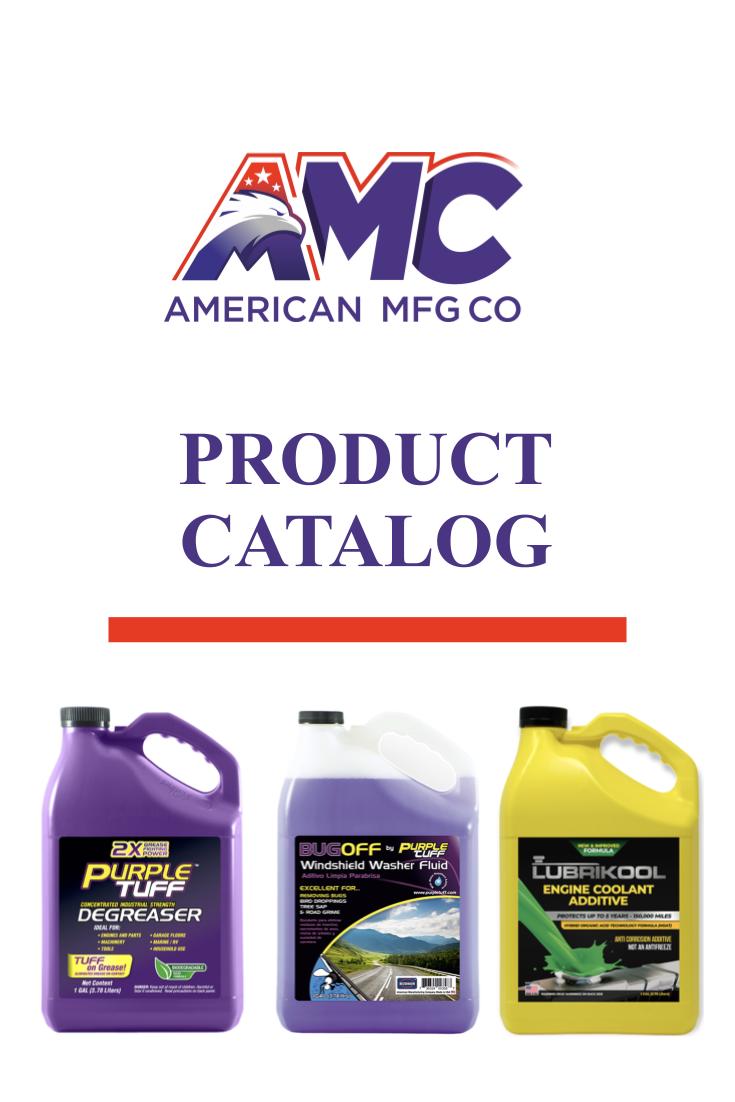Blog
Motor Oils 101: Your Guide to Understanding the Different Types of Motor Oils

A common question about oils is: what type of oil should we use for our cars? Choosing the right one for your vehicle can be confusing since there are so many options available. So, you’re not alone in facing this tough decision.
To make things easier, we’ve simplified the technical jargon and focused on the factors that will make choosing the most suitable motor oil for your vehicle less stressful and as easy as possible.
Motor oil is mainly used to lubricate engines, reduce friction, cool and clean engine components, and prevent corrosion. This is essential to ensure proper engine function and achieve optimal vehicle performance.
Variations of Motor Oil:
Different Types of Motor Oils
Synthetic oil, synthetic blends, and conventional oils are the different types of motor oils.
Synthetic Oil
Synthetic oil has chemically modified ingredients to create a cleaner oil that helps your vehicle perform better at both low and high temperatures. Made from fully synthetic compounds to provide excellent protection and help your engine run more efficiently, synthetic oil is the latest option available on the market.
This method reduces mineral oil to its simplest molecules, making it easier for the engine to eliminate contaminants. The molecules in synthetic oil are also very uniform in size and shape, providing better lubrication. Under extreme temperatures and stress, full synthetic oil performs best.
According to the Automotive Oil Change Association, nearly half of car owners choose synthetic oil when changing their vehicle’s oil.
Synthetic Blend Oil
Synthetic blend oil provides better protection for truck and SUV engines than other types of oils. It protects engine components from oxidation and works well in cold temperatures. And it’s much cheaper than full synthetic oil!
High-Mileage Oil
Newer car models need this oil, which is infused with unique additives that prevent burning and leaking. It contains additives that cause internal and external O-rings and seals to expand, potentially preventing oil leaks and oil burn-off. High-mileage oil includes enhanced additives for improved engine performance. It’s a viable option for light trucks and cars with high mileage.
Conventional Oil
Conventional motor oil comes in different viscosities and quality levels. This option is more suitable for simple engine designs or cars driven by people with conservative driving habits. All motor oil comes from crude oil (base oil). A chemical process removes impurities, neutralizes sludge, and limits corrosion.
Conventional oils can be used in older tractors, pressure washers, generators, outboard motors, and snow blowers, among other types of machinery that do not require synthetic oil.
Viscosity Grade Designations
Using the Society of Automotive Engineers’ rating system, motor oil manufacturers classify their oils by viscosity. You can use these ratings to determine which oil to use.
Viscosity is a measure of a fluid’s resistance to flow. A thin fluid like water has low viscosity, while a thick fluid like honey has high viscosity.
Motor oil cans are marked with numbers and letters like “XW-XX” to indicate viscosity.
- The “W” stands for winter, and the number before the “W” represents the oil’s flow efficiency at 0 degrees. This number should be low, such as 0W or 5W, if you live in a cold climate, since it means the oil won’t thicken as the temperature drops.
- To prevent oil from becoming too thin during summer heat, you’ll need an oil with a higher viscosity rating, such as 10W-30.
- The number after the “W” represents the oil’s viscosity at 212°F (100°C). At high temperatures, this figure shows how well the oil resists thinning.
As temperature changes—either hot or cold—the viscosity of motor oil also changes. If you live in a cold area, you should use thinner motor oil so it flows more easily into the engine. Oil that’s too thick will make it harder to start the engine and reduce fuel efficiency.
Choosing the Best Motor Oil
So, how do we know which motor oil is the best? The answer varies. Each vehicle has unique requirements, and each driver is different, so there’s no one-size-fits-all oil. Different types of motor oils are used for different driving styles, locations, and vehicle types.
Motor oil is an essential element to ensure your car delivers its true potential. Have you been searching for the right motor oil for your beloved vehicle? At American MFG, our goal is to make your search easier. We offer a variety of premium motor oils to ensure your engine runs…




